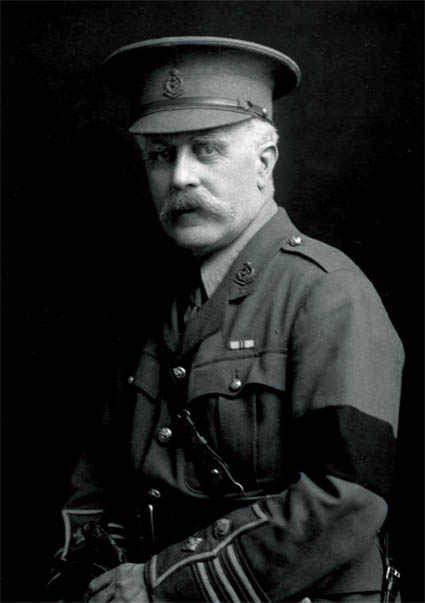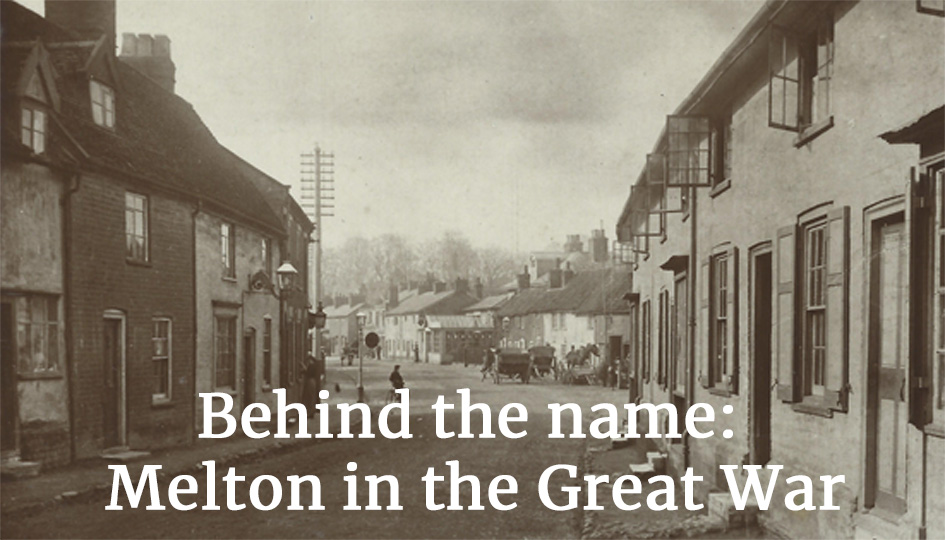
Sir Archibald Garrod, Colonel Army Medical Services. Sir Archibald was the
first person to identify that congenital diseases were caused by faulty genes
passed down from earlier generations of the same family.
Archibald Edward Garrod was born on 25th November 1857 in London. He was educated at Harrow, followed by Marlborough College, where he struggled due to his lack of interest in the classics. The master of the college, however, spotted this and coached Archibald in his studies, enabling him to take up a place at Christchurch College, Oxford. He graduated in 1878 with a first in natural sciences and, in 1880, entered St Bartholomew's Hospital in London – as had his father – to start his medical education, qualifying in 1884. Two years later, Archibald married Laura Elizabeth Smith, the daughter of Sir Thomas Smith, a distinguished surgeon at Great Ormond Street Hospital.
Archibald and Laura set up home at 9 Chandos Street in London where they had four children; a daughter, Dorothy Annie Elizabeth, and three sons, Alfred Noel, Thomas Martin and Basil Rahere. Archibald worked at St Bart’s Hospital and Great Ormond Street Hospital. He was particularly interested in what he termed “inborn errors of metabolism” or congenital diseases. In the research he carried out in the early 1900s, into an inherited condition called Alkaptonuria, he explored the concept of “chemical individuality” which, later on, would become the study of genetics. He was elected as a Fellow of the Royal Society in 1910.
At the start of the war, Archibald remained at work in London at St Bart’s Hospital and Great Ormond Street, two years later however, he joined the Army Medical Service as a Colonel and was posted to Malta as a consultant surgeon. In December 1916, the University of Malta awarded him an honorary degree in recognition of his and the Royal Army Medical Corps’ work on the island. At the end of the war, Archibald was made a Knight Commander of the Order of St Michael and St George in recognition of his war work. He was also to receive the Britsh War Medal and the Territorial Forces Efficiency Medal. All three of Sir Archibald’s sons lost their lives during the war.
On his return to England, he continued his research and, in 1923, the second edition of his book, Inborn Errors of Metabolism, was published and the link between his work and genetics was recognised. He became the Regius Professor of Medicine at Oxford between 1920 and 1927, after which, he retired to Wilford Lodge in Melton and later to live with his daughter, Dorothy, in Cambridge.
Archibald died in 1936 and his wife, Laura, in 1940. They are buried at Melton Old Church where the ashes of their daughter, Dorothy were later buried. The battlefield crosses for their three sons can also be found in the Old Church.
